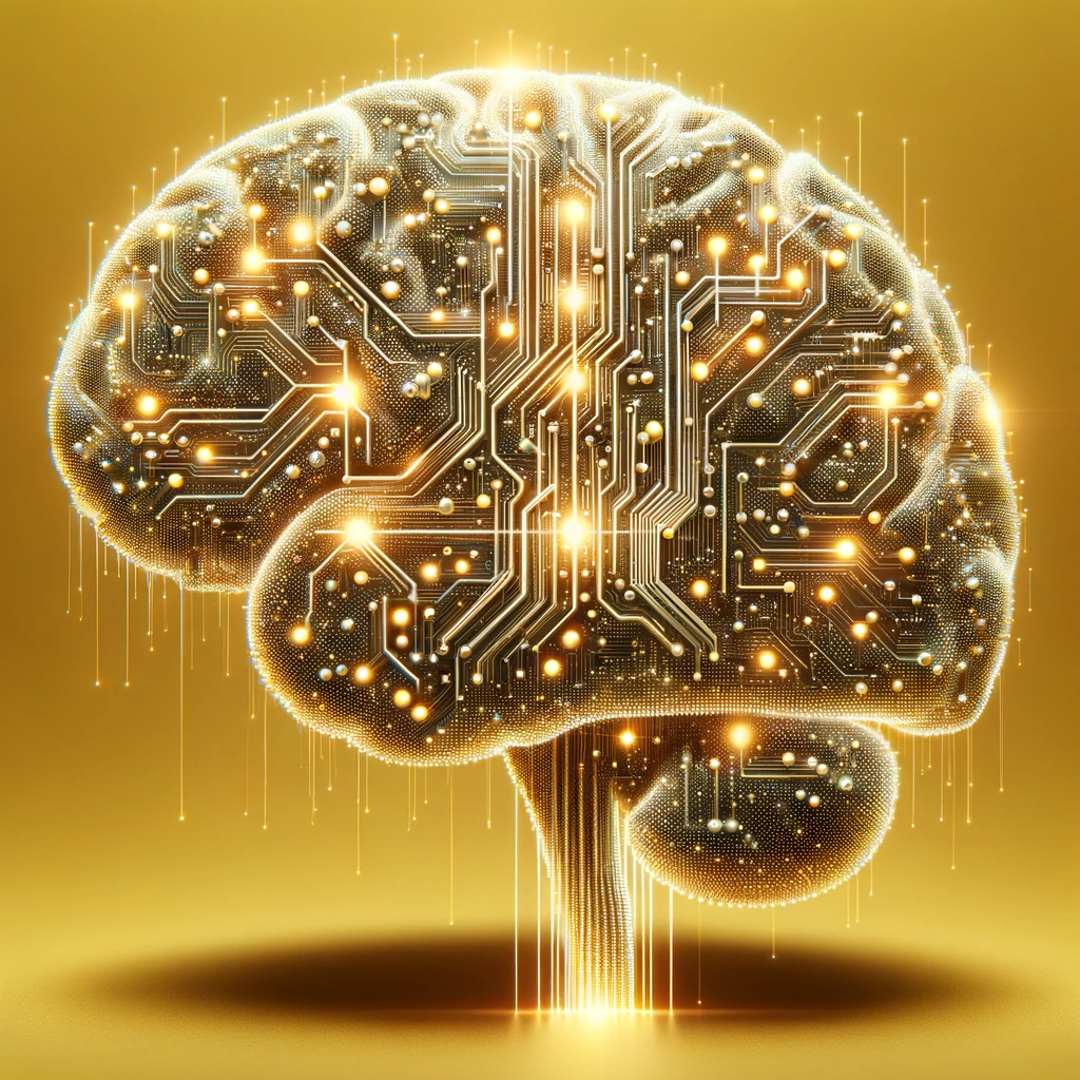Shaping the Future of Innovation
Artificial Intelligence (AI) continues to be at the forefront of technological innovation, driving advancements across various industries and reshaping the way we live, work, and interact with technology. As we step into a new era of AI development, several key trends are emerging, offering exciting opportunities and paving the way for transformative breakthroughs. Let’s delve into some of the latest trends in AI technology:
- Explainable AI (XAI): Explainable AI is gaining traction as organizations seek to understand and interpret the decisions made by AI algorithms. With XAI, developers aim to make AI systems more transparent and understandable, allowing users to comprehend the reasoning behind AI-generated outcomes. This trend is particularly crucial in high-stakes applications such as healthcare, finance, and autonomous vehicles, where trust and accountability are paramount.
- Ethical AI and Responsible AI Development: Ethical considerations are becoming increasingly central to AI development practices. From bias mitigation to privacy protection, developers are prioritizing ethical principles throughout the AI lifecycle. Responsible AI frameworks and guidelines are being established to ensure that AI technologies are deployed in a manner that respects human values, rights, and dignity.
- AI-Powered Automation: AI-driven automation is revolutionizing industries by streamlining processes, optimizing workflows, and enhancing productivity. From robotic process automation (RPA) to cognitive automation, organizations are leveraging AI technologies to automate repetitive tasks and decision-making processes, freeing up human resources for more strategic and creative endeavors.
- Conversational AI and Natural Language Processing (NLP): Conversational AI and NLP are enabling more natural and intuitive interactions between humans and machines. Chatbots, virtual assistants, and voice-enabled devices are becoming increasingly sophisticated, capable of understanding and responding to human language with remarkable accuracy. This trend is shaping the future of customer service, healthcare, education, and beyond.
- AI for Healthcare: The healthcare industry is witnessing a proliferation of AI applications aimed at improving patient care, diagnosis, and treatment outcomes. From medical imaging analysis to predictive analytics, AI technologies are revolutionizing healthcare delivery and personalized medicine. Innovations such as AI-powered drug discovery and virtual healthcare assistants hold the potential to transform the healthcare landscape significantly.
- Edge AI and IoT Integration: Edge AI, which involves running AI algorithms directly on edge devices, is gaining momentum as organizations seek to process data closer to the source in real-time. This trend is particularly relevant in the context of the Internet of Things (IoT), where connected devices generate vast amounts of data that can be analyzed and acted upon locally, without the need for constant communication with centralized servers.
- Generative AI and Creative Applications: Generative AI, including generative adversarial networks (GANs) and reinforcement learning, is unlocking new possibilities in creative expression and content generation. From generating realistic images and videos to composing music and writing literature, AI algorithms are pushing the boundaries of human creativity and artistic innovation.
- AI Governance and Regulation: As AI technologies become more pervasive, the need for effective governance and regulation becomes increasingly apparent. Governments and regulatory bodies are grappling with issues related to data privacy, algorithmic accountability, and AI ethics. Establishing clear guidelines and standards for AI development and deployment is crucial to ensure that AI technologies are used responsibly and ethically.
- AI-Driven Personalization: AI-powered personalization is revolutionizing the way businesses interact with customers, delivering tailored experiences and recommendations based on individual preferences and behavior. Whether it’s personalized marketing campaigns, content recommendations, or product customization, AI technologies are enabling organizations to better understand and engage with their target audiences.
- Continual Advancements in Deep Learning and Neural Networks: Deep learning and neural networks remain at the forefront of AI research, driving continual advancements in AI capabilities. From breakthroughs in model architectures to improvements in training algorithms and hardware acceleration, researchers are pushing the boundaries of what AI can achieve across a wide range of applications.
As these trends continue to shape the landscape of AI technology, it’s clear that we’re entering a new era of innovation and possibility. By staying abreast of the latest developments and embracing responsible AI practices, we can harness the full potential of AI to address some of the most pressing challenges facing society and unlock new opportunities for progress and prosperity.
Want to learn more? Schedule a free consultation!











